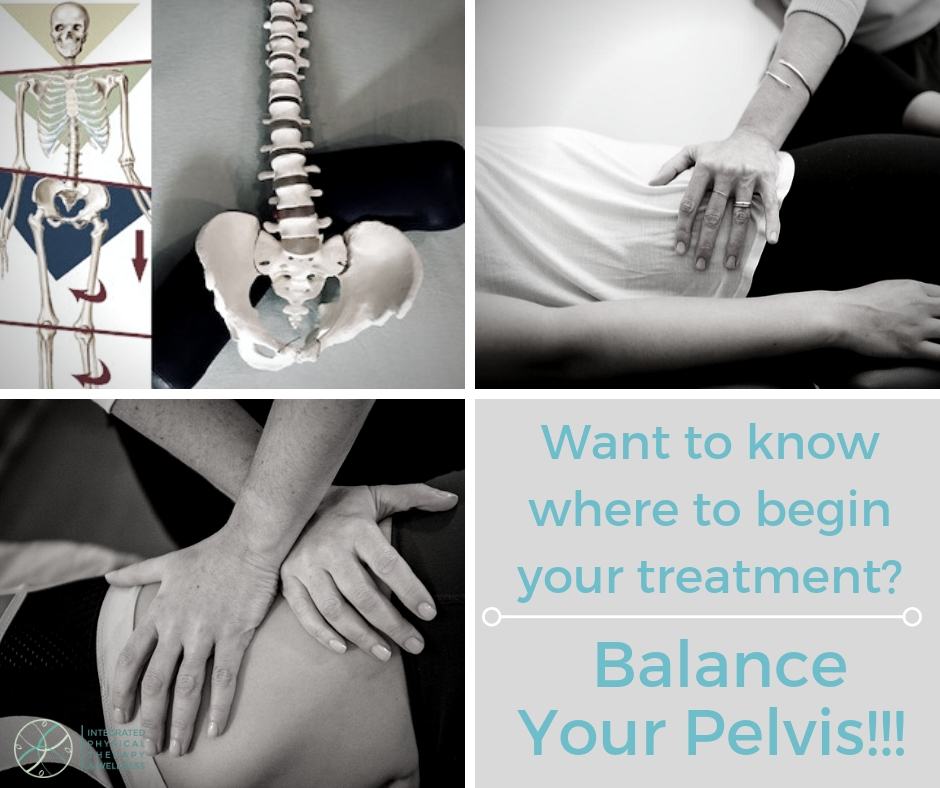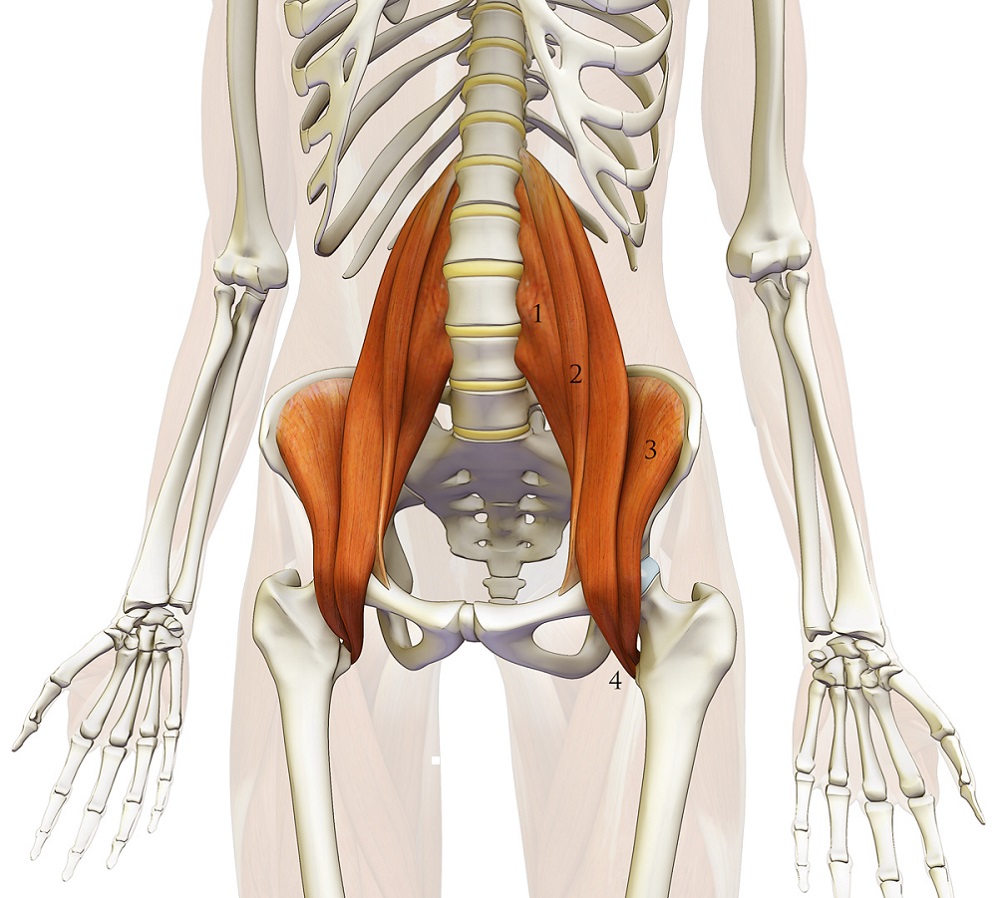Physical Therapy Info Health Tips
Our Integrated Physical Therapy blog, your go-to source for physical therapy articles and holistic health information. We provide expert insights, practical physical therapy tips, and the latest developments in the field. Whether you're recovering from an injury, managing chronic pain, or looking to improve your overall well-being, our physical therapy blog covers a variety of helpful topics.
Our goal is to empower you with the information you need to take an active role in your health and recovery. Ready to schedule an appointment and take control of your health? Contact Integrated Physical Therapy at 305-967-8976.
Might Be The Most Important Muscle in Your Body
 The psoas muscle (pronounced SO-as) may be the most important muscle in your body. Without this essential muscle group you wouldn’t even be able to get out of the bed in the morning! Your psoas muscles are vital not only to your structural well-being, but also to your psychological well-being because of their connection to your breath.
The psoas muscle (pronounced SO-as) may be the most important muscle in your body. Without this essential muscle group you wouldn’t even be able to get out of the bed in the morning! Your psoas muscles are vital not only to your structural well-being, but also to your psychological well-being because of their connection to your breath.In fact, whether you run, bike, dance, practice yoga, or just hang out on your couch, your psoas muscles are involved. That’s because your psoas muscles are the primary connectors between your torso and your legs. They affect your posture and help to stabilize your spine.
Use Pandiculation to heal your psoas and All of Your Muscles Pandiculation, or active stretching, is a somatic movement that is typically associated with yawning, especially when you first wake up in the morning. But, it is so much more than that. Pandiculation is actually your nervous system’s wake-up call. In fact, it has been called “nature’s reset button” because it prepares your sensory-motor system for movement. And, pandiculation is critical to the proper functioning of your entire musculoskeletal system.
The psoas muscles are made of both slow and fast twitching muscles. Because they are major flexors, weak psoas muscles can cause many of the surrounding muscles to compensate and become overused. That is why a tight or overstretched psoas muscle could be the cause of many or your aches and pains, including low back and pelvic pain.
Structurally, your psoas muscles are the deepest muscles in your core. They attach from your 12th thoracic vertebrae to your 5 lumbar vertebrae, through your pelvis and then finally attach to your femurs. In fact, they are the only muscles that connect your spine to your legs.

The psoas muscles support your internal organs and work like hydraulic pumps allowing blood and lymph to be pushed in and out of your cells.
Your psoas muscles are vital not only to your structural well-being, but also to your psychological well-being because of their connection to your breath.Here’s why: There are two tendons for the diaphragm (called the crura) that extend down and connect to the spine alongside where the psoas muscles attach. One of the ligaments (the medial arcuate) wraps around the top of each psoas. Also, the diaphragm and the psoas muscles are connected through fascia that also connects the other hip muscles.These connections between the psoas muscle and the diaphragm literally connect your ability to walk and breathe, and also how you respond to fear and excitement. That’s because, when you are startled or under stress, your psoas contracts.In other words, your psoas has a direct influence on your fight or flight response!During prolonged periods of stress, your psoas is constantly contracted. The same contraction occurs when you:
- sit for long periods of time
- engage in excessive running or walking
- sleep in the fetal position
- do a lot of sit-ups



Comments